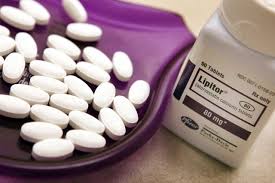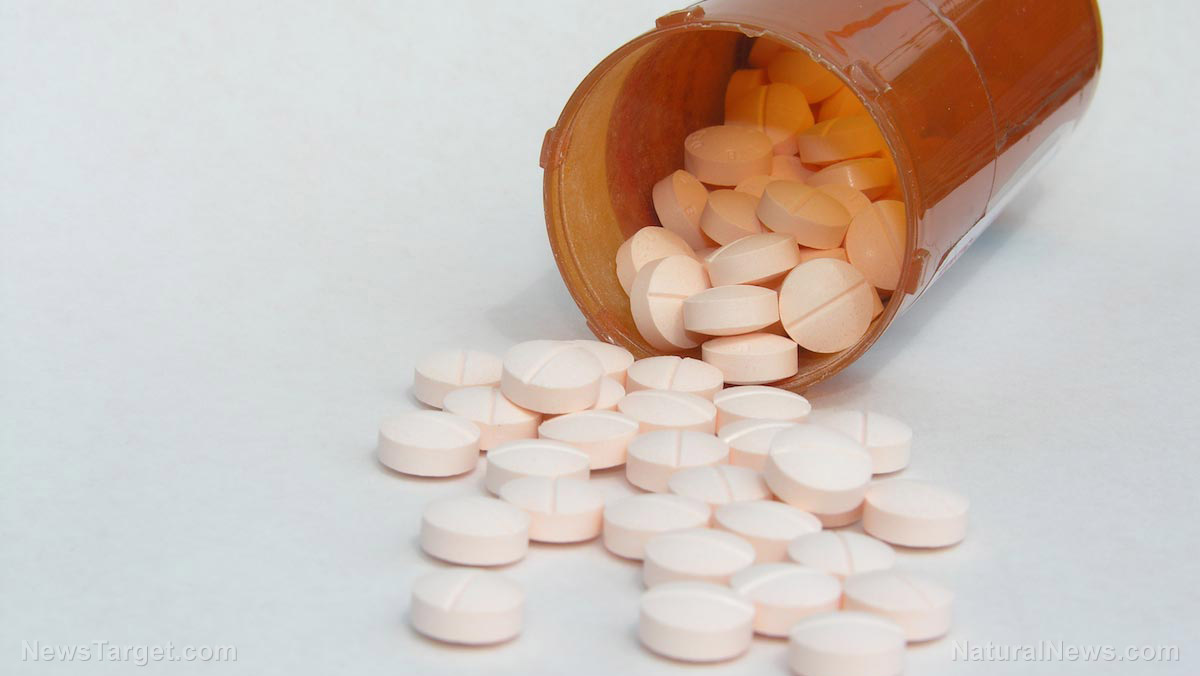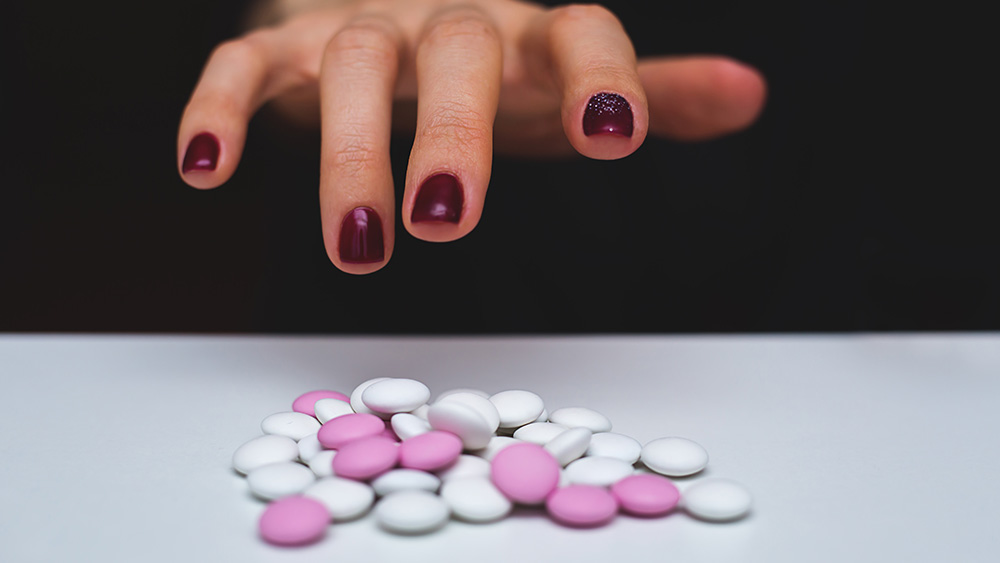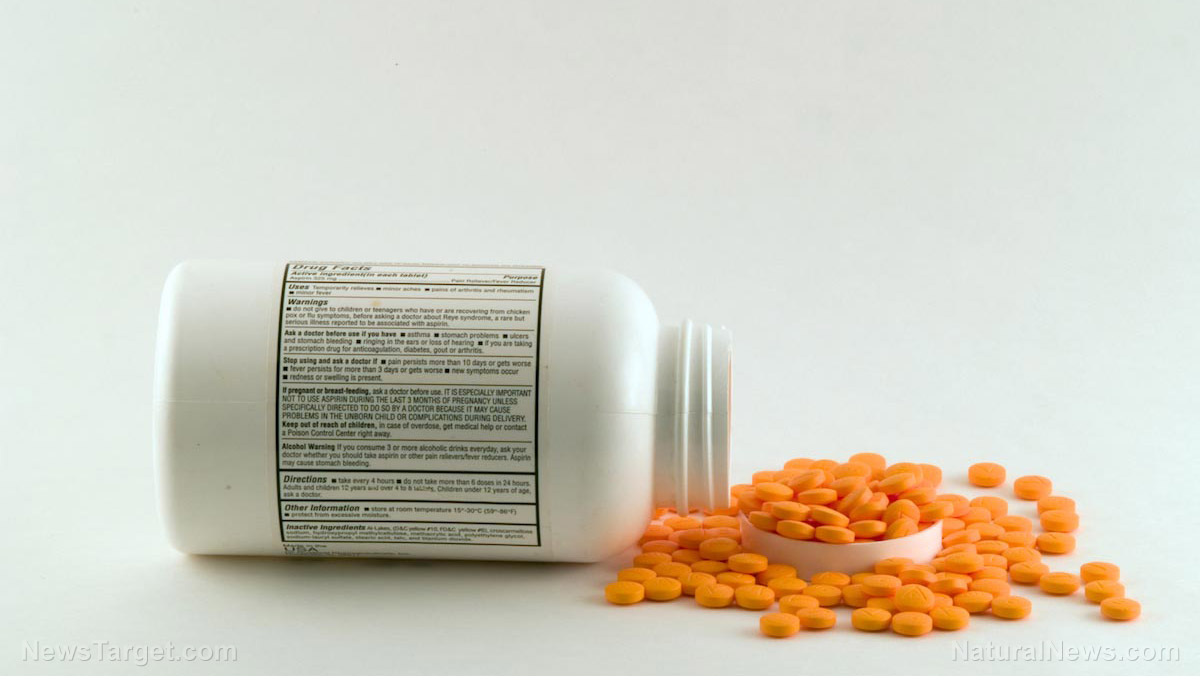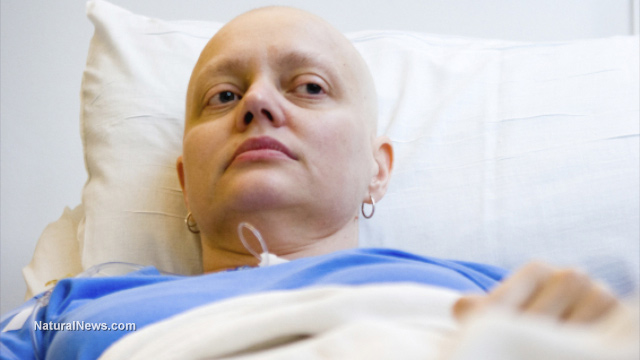Drugs more dangerous than the disease: Alzheimer’s drugs found to increase risk of death from multiple acute side effects
01/25/2019 / By Zoey Sky
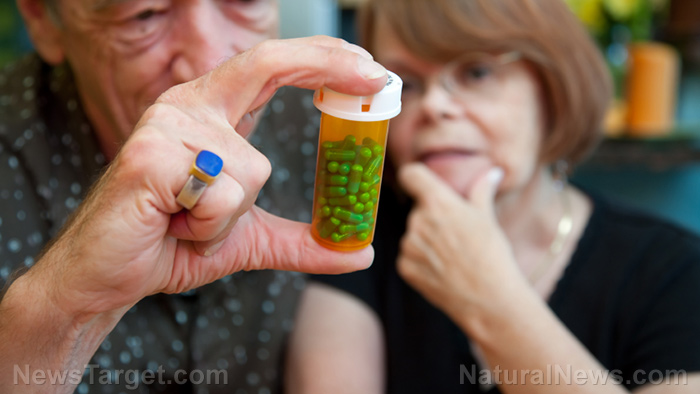
A recent study from the University of Eastern Finland (UEF) has revealed that benzodiazepine and related drug use is linked to at least a 40 percent increase in mortality among individuals diagnosed with Alzheimer’s disease.
According to the study’s results, the risk of death is much higher once patients are administered benzodiazepine and related drug use. This increased risk of death can often be caused by “the adverse events of these drugs, including fall-related injuries, such as hip fractures, as well as pneumonia and stroke.”
The study used the register-based MEDALZ (Medication Use and Alzheimer’s Disease) cohort, which took into account all individuals in Finland that were diagnosed with Alzheimer’s disease from 2005 to 2011. Those who had used benzodiazepines and related drugs previously were not included in the study.
The study population was made up of at least 10,380 new users of the drugs mentioned. They were then compared with 20,760 individuals who did not use these drugs. (Related: Alzheimer’s: The Need for Nutritional & Social Change.)
While there are different treatment guidelines which state that non-pharmacological options are “the first-line treatment of anxiety, agitation and insomnia in persons with dementia,” most of the time benzodiazepines and related drugs are used to treat these symptoms.
It is important to note that if benzodiazepine and related drug use is necessary, these drugs must be for short-term use only. Based on the findings of this study, more consideration for benzodiazepine and related drug use in persons with dementia must be seriously considered.
Home remedies for Alzheimer’s disease
Instead of taking medication that often has negative side effects, consider these natural remedies for Alzheimer’s disease:
- Meditation – Meditation is one of the easiest and simplest ways to deal with Alzheimer’s disease. If you’re a beginner to meditation, start with a five-minute session and slowly build up to 20-30 minutes twice a day.
- Ginkgo biloba – This tincture is a popular remedy for dementia and Alzheimer’s disease. Gingko biloba can help regulate the normal and healthy circulation of blood.
- Mental exercise – Doing mental exercises daily can help hone your memory. Try some word puzzles, crosswords, sudoku, or simply read more books.
- Blood pressure – Eat healthier and exercise regularly to maintain your blood pressure, which can cause memory loss.
- Herbs – Incorporate more herbs into your diet, which can offer help boost your immune system.
- Healthy diet and exercise – Following a healthy diet, regular exercise and a healthy lifestyle can help prevent dementia. If possible, try activities like tree climbing or going on a balance beam to help improve your cognitive skills.
- Food with antioxidants – Eating food rich in antioxidants offers many benefits for an individual with Alzheimer’s. Add chili powder, pepper, oregano and sage to maximize the flavor of your food.
You can also eat more of these foods to avoid some of the possible causes of Alzheimer’s:
- Seeds – Pumpkin, sesame and sunflower seeds are great snacks, but they’re also full of the essential fatty acids that are necessary for brain function.
- Blueberries – Blueberries contain an antioxidant that can help slow down age-related motor changes like those seen in Alzheimer’s disease.
- Carrots – Carrots are full of beta-carotene, which can boost your nerve health and memory. You can also eat other vitamin A-rich food like spinach, squash, bell peppers, liver, whole milk and eggs.
- Citrus fruits – Citrus fruits are loaded with vitamin C, an antioxidant that helps protect brain nerves. Berries and some vegetables, like peppers, sweet potatoes and green leafy vegetables, are also good sources of vitamin C.
You can read more articles about herbs and other natural cures for Alzheimer’s at Healing.news.
Sources include:
Tagged Under: Alzheimer's disease, Benzodiazepines, dementia, drug addiction, drugs, mental health


